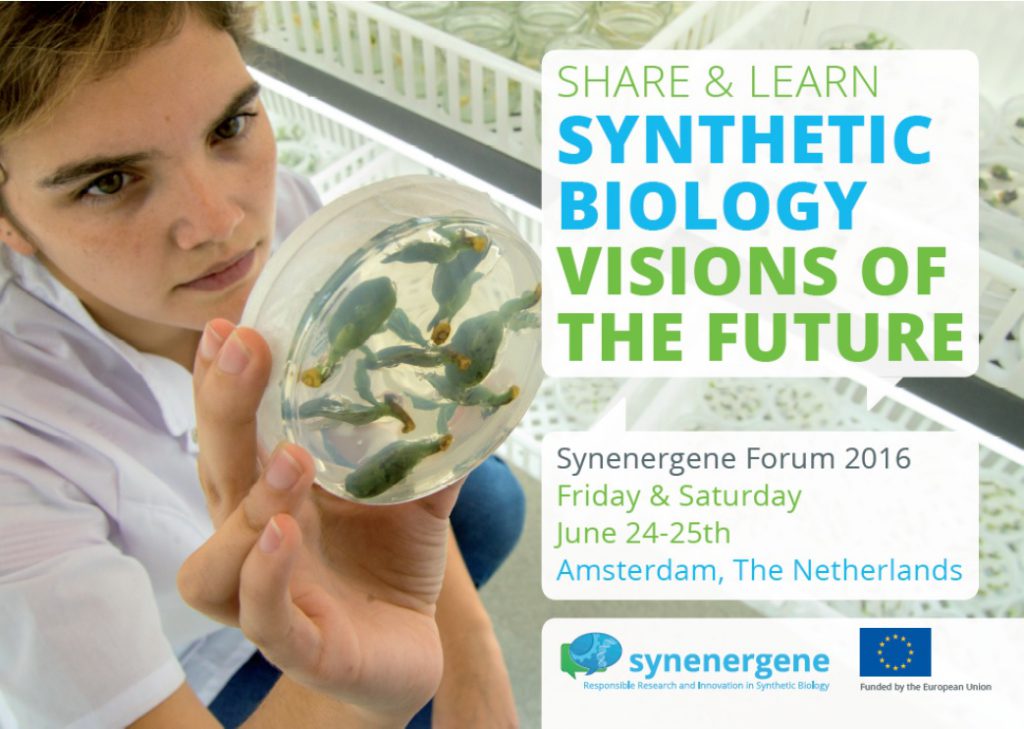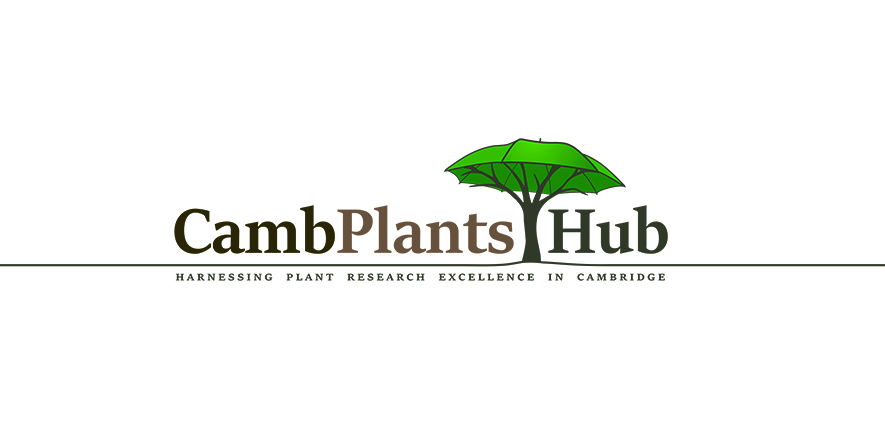14—16 November 2016: Dynamic Earth, Edinburgh, UK
Synthetic Biology is a field that has rapidly expanded. It relies on multidisciplinary approaches and delivers transdisciplinary advances that have the potential to redefine our understanding of the natural world and to significantly contribute to our society and economy.
The UK is a world leader in science and engineering, and Synthetic Biology has been identified as an important area for our continued success. Key to that success is a cohesive, vibrant and multidisciplinary community, open to collaboration, open to advances and driven to exceptional research with meaningful outcomes.
That cannot be delivered by a single research centre, single funding body or hosted by a single learned society. The SynBio UK conference aims to showcase UK Synthetic Biology research and to create a focal point for the community, embracing its diversity and fostering its growth and its engagement with society.
Topics covered in this meeting will be published in Biochemical Society Transactions
Abstract deadline: 12 September 2016 Abstract submission is now available
Earlybird registration deadline: 12 September 2016
Oral communication slots are available at this meeting. All attendees, particularly researchers in the early stages of their career, are invited to submit a poster abstract for consideration as an oral communication.
Student Bursaries are available for this meeting. Not a member of the Biochemical Society? Join today and save up to £100 on your registration fee.

![[Closes 24 Nov 2107] Apply now to the OpenPlant Fund!](https://images.squarespace-cdn.com/content/v1/54a6bdb7e4b08424e69c93a1/1509564315902-TUO4I6QRWI9TT8UGSIAJ/OpenPlantTwitter_400x400+%281%29.jpg)

![[Closes 7 Mar 2017] OpenPlant Research Associate (Haseloff Lab)](https://images.squarespace-cdn.com/content/v1/54a6bdb7e4b08424e69c93a1/1486552818859-FH76MCA8SMFU93WB85RX/OpenPlantTwitter_400x400.jpg)


 Do you want to raise your profile? Experience presenting to a multidisciplinary audience? Find ideas and inspiration? Find out how it really looks like to work in industry?
Do you want to raise your profile? Experience presenting to a multidisciplinary audience? Find ideas and inspiration? Find out how it really looks like to work in industry?




